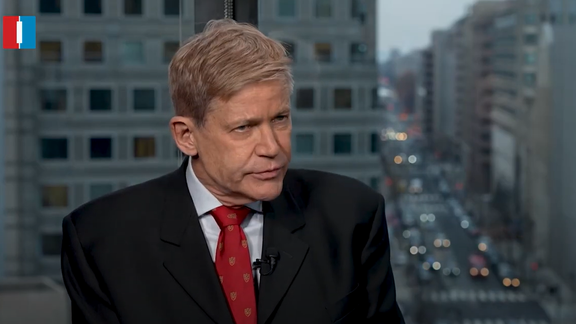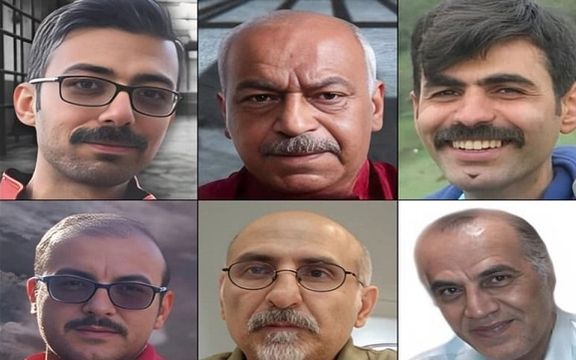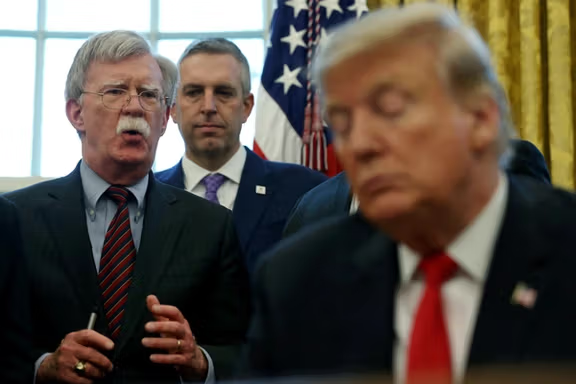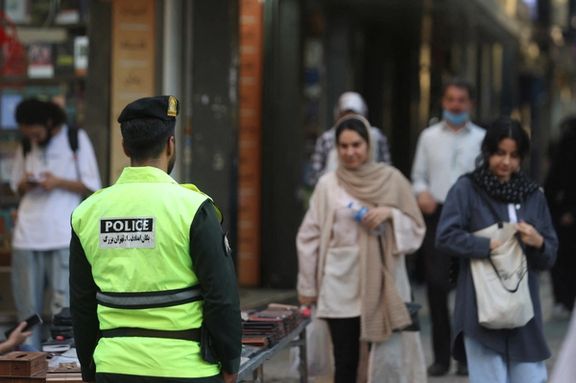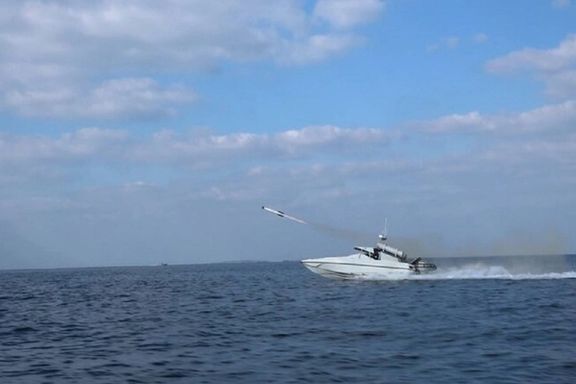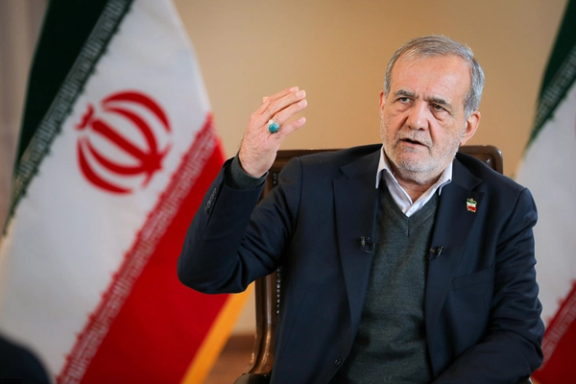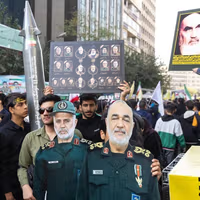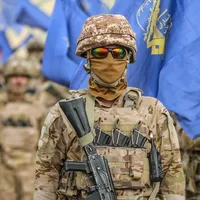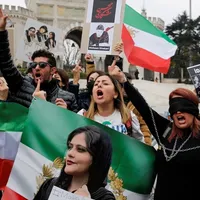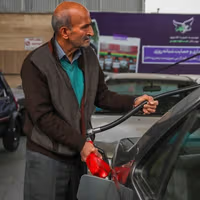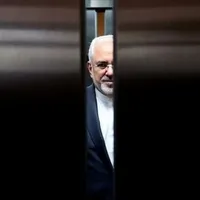The UPR is a mechanism of the UN Human Rights Council which reviews the human rights records of all member states every 4.5 years. Iran underwent its fourth review on Friday after previous assessments in 2010, 2014, and 2019.
The United Kingdom’s representative expressed concern about Tehran's record, describing the government's "violent enforcement of mandatory dress codes, intimidation of journalists and human rights defenders, and discrimination against minority groups".
In its recommendation, the UK said Tehran needs to "guarantee fair trials for all individuals, especially those facing the death penalty", provide access to lawyers of their choice and ratify the UN Convention against Torture.
The representative also urged the Islamic Republic to "grant access to UN human rights officials, including the Special Rapporteur on Iran".
Iran's Deputy Foreign Minister Kazem Gharibabadi described to the session what he saw as progress in the country’s human rights record.
"Substantial investments have been made to improve the lives of the Iranian people, yielding significant progress," he said.
During and after the 2022 nationwide protests, human rights groups have reported violent crackdowns on protests, arbitrary arrests, and repression of dissent, particularly targeting women.
Sweden’s representative said it was "deeply concerned about the human rights situation in the Islamic Republic of Iran, including the situation for women and girls and the widespread use of the death penalty".
They recommended that Iran "introduce a moratorium on the death penalty, including for juvenile offenders, with a view towards abolition". Sweden also called on Iran to "eliminate in law and practice all forms of systematic discrimination against women and girls" and "release all arbitrarily detained individuals".
Switzerland voiced similar concerns, urging Iran to "reduce the number of crimes punishable by the death penalty and establish a moratorium on its use, particularly for minors and drug-related offenses".
The Swiss delegation called for Iran to "disband the morality police and put an end to restrictions on women and girls". Additionally, Switzerland urged Iran to "take the necessary measures to combat discrimination against ethnic and religious minorities and remedy socio-economic inequalities in provinces populated by these minorities".
At the outset of the session, Iran's Gharibabadi said sanctions were the obstacle to the country's development and prosperity. "The people of my country are victims of aggression due to an economic assault," he stated.
Ukraine criticizes Iran’s role in Russia’s war
Ukraine singled out Iran for its support of Russia in its full-scaled invasion of Ukraine, accusing Tehran of enabling war crimes through the provision of drones and missiles.
"As long as Iranian drones and missiles continue to kill innocent civilians and destroy civilian infrastructure, Iran bears full responsibility for enabling Russia’s war crimes in Ukraine," the Ukrainian representative said.
Ukraine called on Iran to "accept all outstanding visit requests from UN special procedures without hindrance or restriction" and to align its domestic legislation with international human rights standards. The representative added that Iran’s actions were a violation of "international humanitarian and human rights laws".
Last year, Ukraine’s Prosecutor General Andriy Kostin announced a case against Islamic Revolutionary Guard Corps Brigadier General Abbas Mousavi Sharifi Mollasaraei for allegedly aiding Russia and committing war crimes in Ukraine.
Since late 2022, Russia has used Iranian-made Shahed-136 and 131 kamikaze drones, as well as Mohajer-6 drones, in its war in Ukraine. The Iranian government initially denied supplying drones to Russia but later said the deliveries took place before the war began.
